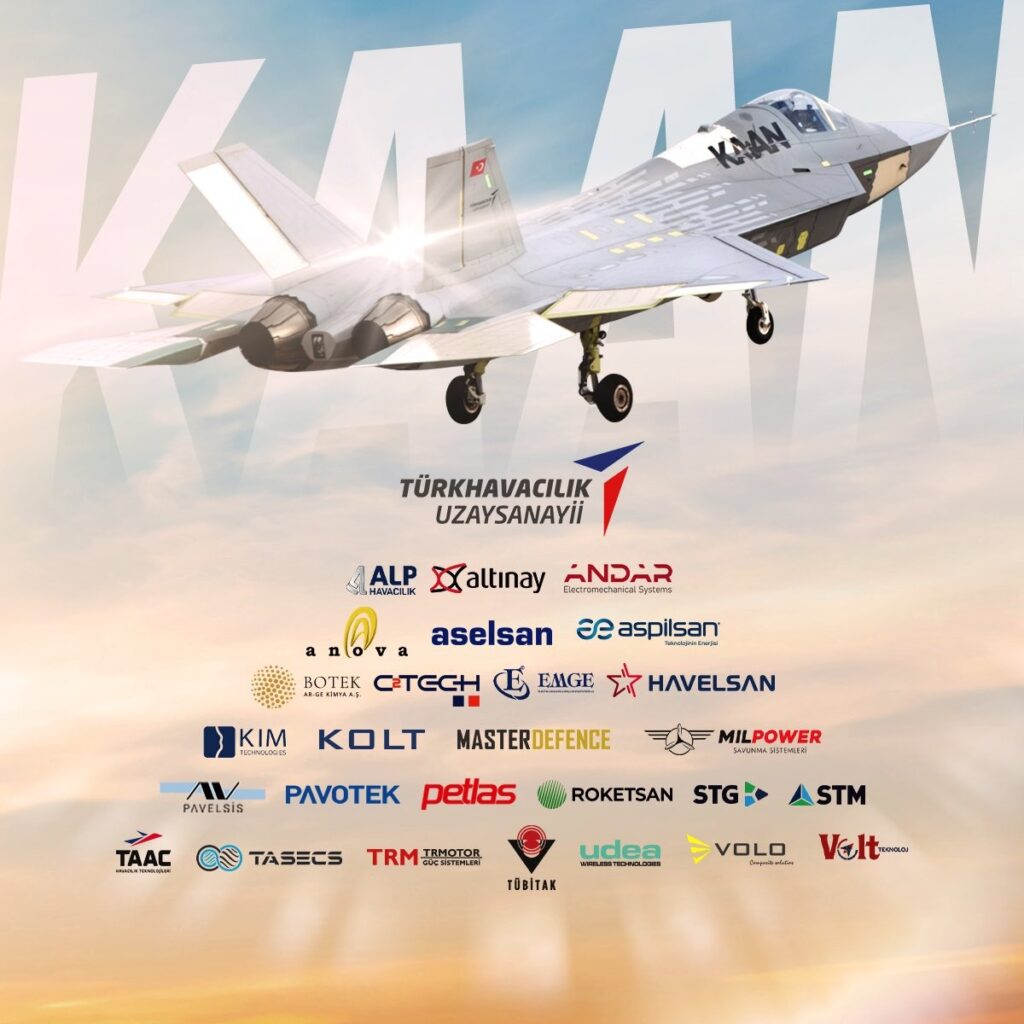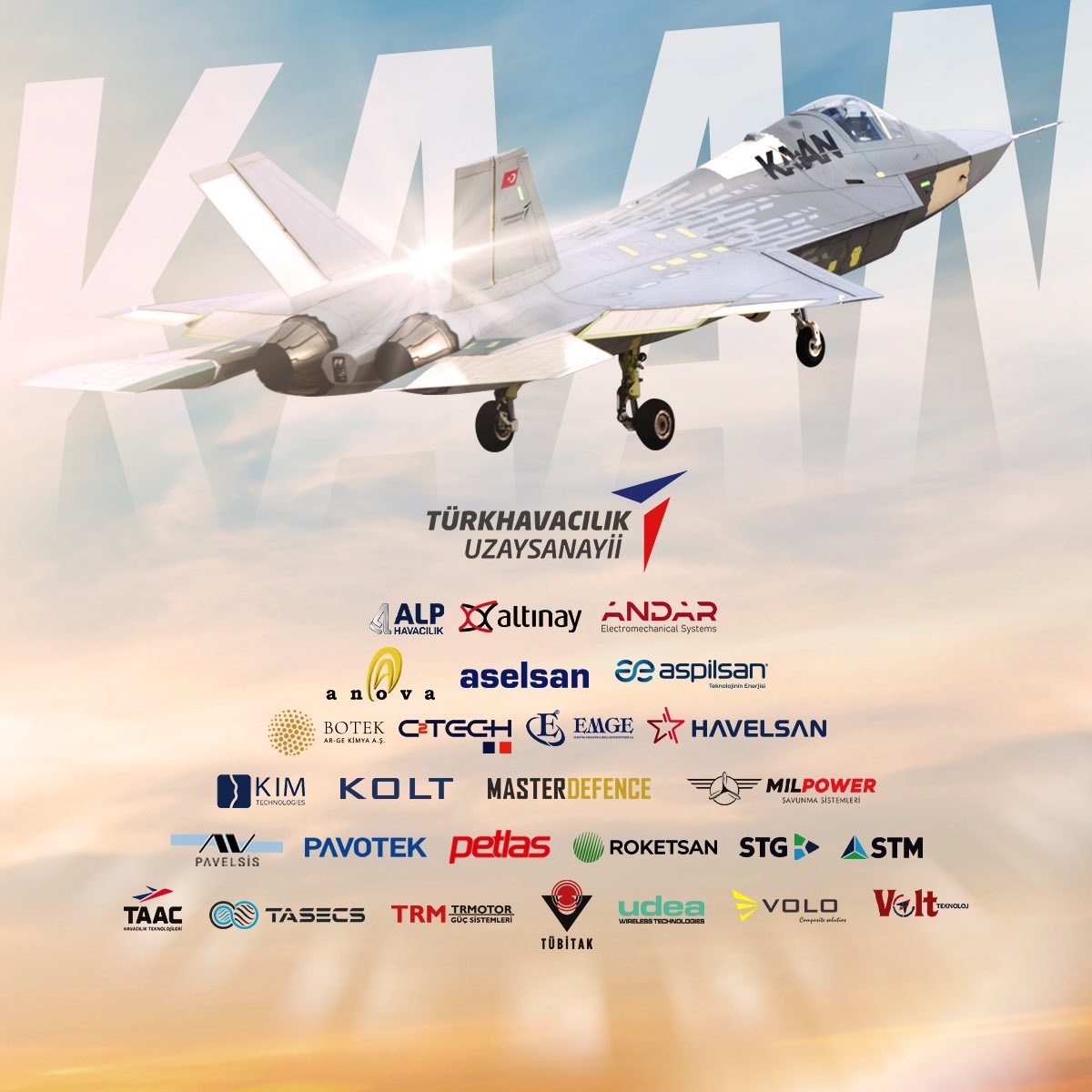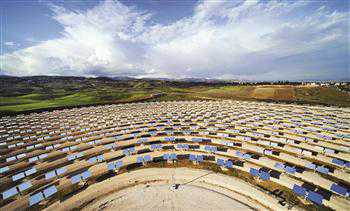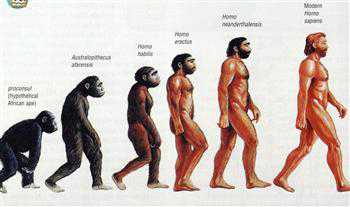Turkey’s developed 5th generation fighter aircraft, KAAN, took off from the runway, meeting the sky as it lifted its wheels off the ground. The flight, which held the breath of all Turkey, also made a great impact worldwide. Taking its first flight on February 21, 2024, at 08:50, KAAN remained airborne for 13 minutes, reaching an altitude of 8000 feet and a speed of 230 knots.
KAAN provides superior air dominance with its High Performance and Integrated Avionics System, which includes Extended Air-to-Air Combat Range with New Weapons, Precision and Full Hit from Internal Weapon Bays at High/Supersonic Speeds, Artificial Intelligence, and Heterogeneous Computing support.
During KAAN’s first flight, the Central Management Computer developed by TÜBİTAK, Avionics Interface Units, Deterministic Network, Multi-Core Real-Time Operating System, and Middleware Software were used.
The main control computers were designed and manufactured by TÜBİTAK BİLGEM.
The computer system, referred to as KAAN’s brain, was successfully developed by TÜBİTAK BİLGEM and delivered to TUSAŞ ahead of the planned date in 2022.
The avionics computer system has safety-critical and high-performance processor modules with deterministic and high-speed communication infrastructures. This computer performs data processing and management functions for Mission (Communication, Navigation, AESA Radar, Electronic Warfare, Electro-Optical Targeting and Weapon) Systems along with critical aircraft management functions such as engine system management, flight system management, etc. The mission computers reduce the pilot’s workload and also generate displays for the instruments and helmet-mounted display.
The Multi-Core National Real-Time Operating System was developed by TÜBİTAK BİLGEM.
The Real-Time Operating System (GzIS), developed by TÜBİTAK BİLGEM, was made multi-core to meet KAAN’s high computing needs and was used on the Main Management Computers during KAAN’s first flight.
When the Fifth Generation Fighter Aircraft KAAN project is completed, it will become unique with TÜBİTAK’s critical technologies.

Systems developed by TÜBİTAK BİLGEM for KAAN:
Flight Control and Aircraft Management Computers
These are computers that manage engines, flight control surfaces (flaps), and other aircraft systems. They were used in KAAN’s first flight.
Central Management Computers
These are 5th Generation Integrated Modular Avionics computers that manage the aircraft’s main systems and weapon systems, generate images for avionics displays and helmet-mounted displays, and ensure the aircraft’s cyber security. They were used in KAAN’s first flight.
Mission Management Computers
These are computers that process and manage data from communication, navigation, electro-optical targeting, radar, and electronic warfare systems. They were used in KAAN’s first flight.
Avionics Interface Units
These units convert aircraft sensor and actuator signals and facilitate communication with legacy interface systems. They were used in KAAN’s first flight.
Deterministic Network
It is a high-speed optical network that ensures the transportation of data with different criticality levels without affecting each other. It was used in KAAN’s first flight.
High-Speed Network
It is an optical network that enables the transportation of a large amount of sensor data to management computers at very high speeds. It was used in KAAN’s first flight.
Multi-Core Real-Time Operating System
These are operating systems that allow different applications of varying criticality levels to run on all of KAAN’s computers without affecting each other and with high performance. They were used in KAAN’s first flight.
Middleware Software
These are middleware software that enable communication between KAAN’s sensors and each other, perform protocol conversion for interfaces, generate display graphics for indicator displays, and run artificial intelligence applications. They were used in KAAN’s first flight.
EMC Test System
It is a system that measures and analyzes the compatibility of all electronic systems on KAAN with each other.
Antenna Test System (NFRTF)
It is a system that determines the geometry of KAAN and ensures the low radar cross-section for the 5th Generation stealth aircraft.
Systems to be developed by TÜBİTAK MAM for KAAN:
Life Support System
Life Support Systems are being developed to enable Fighter Aircraft pilots to sustain basic vital functions under conditions requiring high physical endurance.
Explosion Prevention System
[probably a Fuel Tank Inerting System]
Explosion Prevention Systems are being developed to prevent explosion and fuel boiling in fuel tanks of Fighter Aircraft, taking into account the variable conditions of the aircraft.
Electromagnetic Modeling and Optimization of Radar Absorbing Multilayer Thin Film Surface Coating
The RASEM software is being developed to give the National Fighter Aircraft invisibility feature, especially in the design processes of the canopy.
Development of a Surfaces Providing Low Visibility in Intake of National Fighter Aircraft
For providing a low radar visibility to air intakes of MMU-KAAN, surface designs within the duct will be tested and measured.
Electromagnetic Modeling and Implementation of Frequency Selective Surfaces for National Fighter Aircraft
For providing the low radar visibility feature to KAAN, RASEM-RADOM software is being developed for electromagnetic design and optimization of KAAN’s radome with frequency selective characteristics.
The armament integration of KAAN will be carried out by TÜBİTAK SAGE
TÜBİTAK SAGE’s SOM A, SOM B1, SOM B2, HGK 82, HGK 83, HGK 84, NEB, GÖKHAN, KGK 82, KGK 83, GÖKDOĞAN, and BOZDOĞAN projects will be integrated into KAAN.






